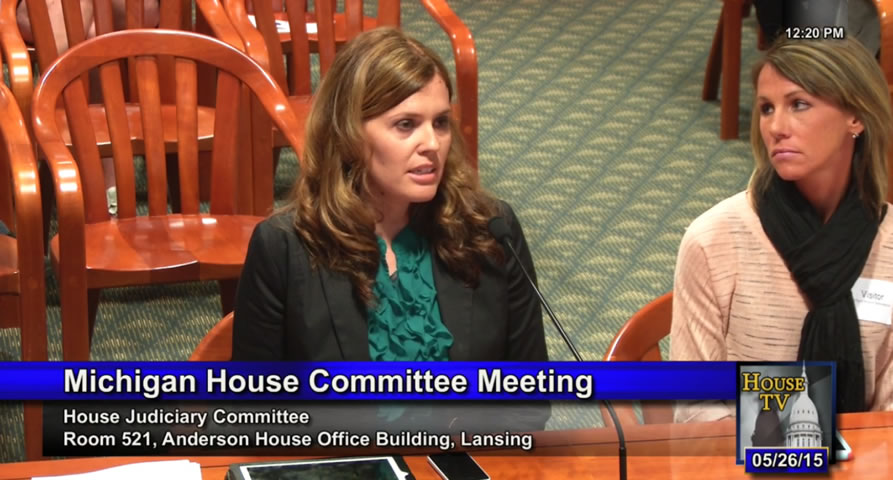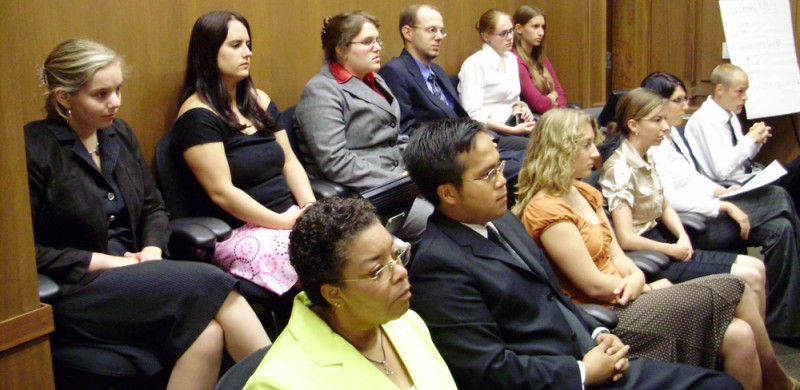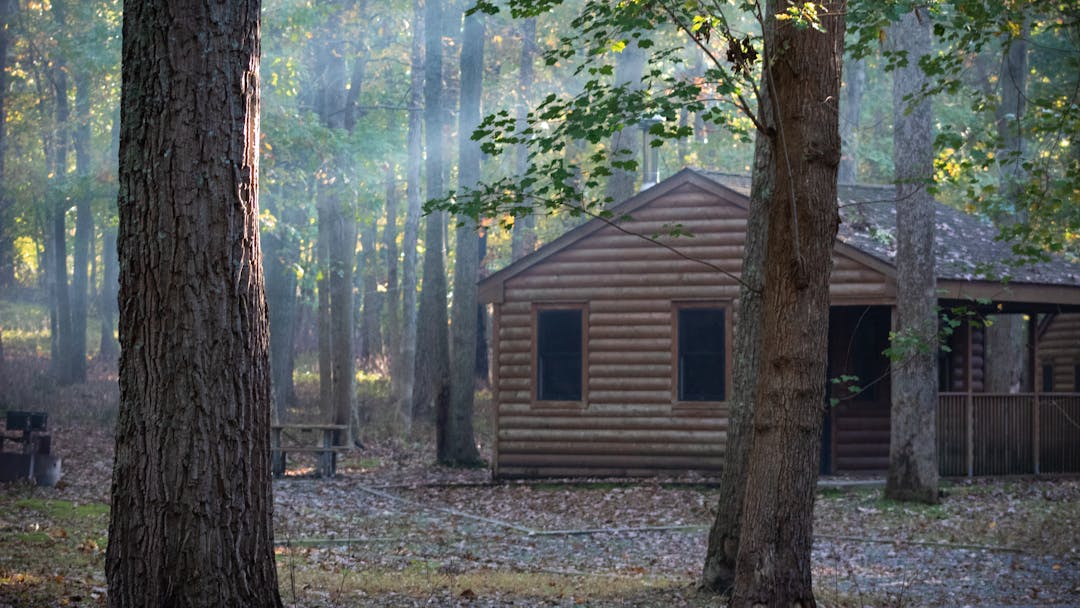Understanding Adverse Possession in Michigan
Michigan recognizes adverse possession, a legal doctrine allowing someone to acquire ownership of real property they’ve occupied for a specific period, even without a formal title.
The Statute: MCL 600.5801
The relevant statute governing adverse possession is MCL 600.5801 [MCL 600.5801], titled “Limitations of actions – real property.” It establishes time limits for filing legal actions regarding land ownership.
Subsection (4) is crucial, stating a 15-year limitation period “in all other cases under this section.” This implies that to gain title through adverse possession, one must continuously possess the land for fifteen years.
600.5801 Limitation on actions; time periods; defendant claiming title under deed, court-ordered sale, tax deed, or will; other cases.
Sec. 5801.
Elements of Adverse Possession
To successfully claim adverse possession in Michigan, the claimant (squatter) must demonstrate they possessed the property in a way that meets the following criteria:
- Actual Possession: This implies actively utilizing the land and regarding it as one’s possession. Infrequent or irregular use would not meet the criteria.
- Visible and Open: The possession should be evident to anyone observing the property. Fences, landscaping, or structures built demonstrate this.
- Notorious: The possession should be known or readily discoverable by the rightful owner. This doesn’t require the owner’s actual knowledge, but the use should be such that the owner could have discovered it with reasonable diligence.
- Exclusive: The possession should prevent others, including the rightful owner, from using the land.
- Continuous and Uninterrupted: Possession must be ongoing for the entire 15-year period. Gaps or breaks in possession could weaken the claim.
- Hostile: This doesn’t imply animosity towards the true owner. It simply means the possession is adverse to the owner’s rights, suggesting a claim of ownership independent of the owner’s permission.
We’ll Take That From You.
MCL 600.5821 addresses limitations for government entities [MCL 600.5821]. Government entities like municipalities and road commissions are generally not subject to adverse possession claims.
Additionally, the “hostile” element can be tricky. Permission from the true owner, even verbal, can disrupt the claim.
Consulting an attorney is highly recommended to assess the specific facts of a potential adverse possession case.
Potential Issues
Successfully establishing adverse possession allows the claimant to gain legal title to the property.
However, there are potential drawbacks. The process can be lengthy and require significant evidence. Additionally, if the true owner contests the claim, litigation can be costly.
Real Questions from Real Calls
Question: I have been living in a tent for 15 years in a Michigan State Park. Can I claim that property as my own under the adverse possession laws?
Unfortunately, you cannot claim ownership of the land in the Michigan State Park through adverse possession for a few reasons:
- Government Immunity: MCL 600.5821 exempts government-owned land from adverse possession claims [MCL 600.5821]. State parks fall under this category, meaning no matter how long you’ve resided there, you can’t acquire ownership through adverse possession.
While you’ve met the time requirement (15 years in Michigan), the other elements likely wouldn’t hold up either.
- Permission: Living in a state park typically requires permission, even if it’s just following camping regulations. This suggests you wouldn’t be able to establish “hostile” possession, a crucial element.
Here’s what you can do:
- Contact Park Rangers: Explain your situation to the park rangers. They might be able to offer alternative solutions, like designated camping areas or low-cost housing programs.
- Seek Legal Advice: An attorney specializing in property law can provide a more nuanced perspective on your situation. There might be other legal avenues to explore, depending on the specifics.
While claiming ownership through adverse possession isn’t possible in this case, there might be other options to consider.
Related Articles
The Marijuana Industry Paid an Extra $1.8 Billion in Federal Taxes Because of the 280E Tax Code
News from the internet Why legalize cannabis when 280E is the gift that keeps on giving to the Federal government? Whitney Economics, a cannabis research firm, recently conducted a comprehensive analysis of the impact of federal taxes on the cannabis industry. The...
Federal Court Strikes Down Gun Ban For People Who Use Marijuana
The federal government's justification for upholding the law is "concerning," according to a federal judge, who ruled that the ban on marijuana users owning firearms is unconstitutional. A man was charged in Oklahoma in 2022 after police found marijuana and a handgun...
US court upholds ban on selling guns to marijuana card holders
SAN FRANCISCO — A federal ban on the sale of guns to medical marijuana card holders does not violate the Second Amendment, a federal appeals court said Wednesday. The ruling by the 9th U.S. Circuit Court of Appeals applies to the nine Western states that fall under...
More Posts

Detroit police make arrests at marijuana dispensary
The Detroit police raided and made arrests at marijuana dispensary in an article in the Detroit Free Press from July 14, 2015. Detroit police arrested two people and...

Michigan Medical Marihuana Patient Bill of Rights
On November 8th, 2008, by a majority of 63 percent, the citizens of the State of Michigan voted into law the constitutional initiative, Initiated Law 1 of 2008,...

Colorado Supreme Court: Employers can fire for off-duty pot use
The Colorado Supreme Court ruled Monday Jun 15, 2015, that Employers’ zero-tolerance drug policies trump Colorado’s medical marijuana laws. In a 6-0 decision,...

How a sex toy put spotlight on Michigan civil asset forfeiture laws targeted for reform
The headlines read... "How a sex toy put national spotlight on Michigan civil asset forfeiture laws targeted for reform" "State Legislators Reconsider Forfeiture...

Reform Today’s Forfeiture Laws
Everyday, I get calls to my office from medical marijuana patients and caregivers who have been raided or pulled over by police. Often times, these individuals are not...

KOMORN LAW NEWSLETTER ISSUE #1 May 2015
The Michigan Legal Advisor News Letters. Read the current newsletter from Michigan's #1 Medical Marijuana Defense Attorney Michael Komorn. KOMORN LAW NEWSLETTER ISSUE...

Attorney Michael Komorn Lectures Students at the U of M Law School
I wanted to give a huge thanks to University of Michigan Law School Professors Howard Bromberg, Mark Osbeck and Law School class. This past Thursday I had the honor of...

Jury Selection In Marihuana Cases
A jury trial is fundamental to our democratic system of government. Every American citizen should embrace this responsibility by participating, and ensure justice...

Planet Green Trees Radio Episode 149-MSC People v. Koon
The best resource for everything related to Michigan medical marijuana with your host Attorney Michael Komorn. Live every Thursday evening from 8 -10 pm eastern time....

Polygraphs Proven Unreliable, Used for Police Intimidation
Polygraphs are widely recognized as unreliable yet police still use them to elicit confessions. By Michael Komorn Many states don’t allow polygraph test to be admitted...











